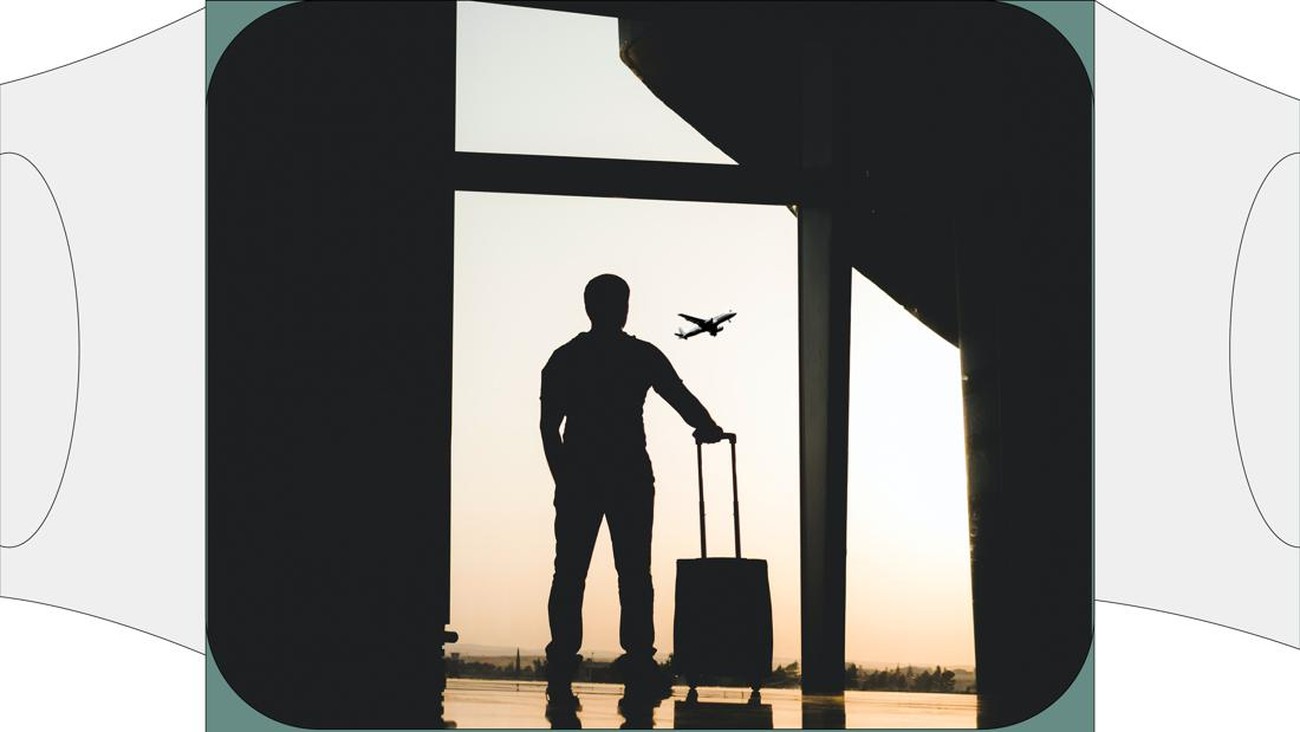Reverse culture shock, also known as re-entry, is a frequent reaction when people return home after studying or spending a long time abroad. It's a moment of emotional and psychological re-adjustment, comparable to when moving overseas the first time. Many components of reverse culture shock, like culture shock, are subjective, thus each person's experience of readjusting to their home culture will be distinct. People who experience reverse culture shock usually are excited to return home for good in the beginning, but when the euphoria wears off it suddenly hits them that you feel alienated from your own culture in this place that you once called "home".
The people and the life you once knew, makes you feel this feeling of alienation that leads to an emotional roller coaster that is a very normal feeling. It usually takes place in four different stages: disengagement, initial euphoria, irritability & hostility, and readjustment & adaptation. Just like many other negative emotions, it starts with sadness that leads to alienation or disorientation and finally a steady readjustment to "new" life at home. Most people who spent some time abroad have experienced personal growth that people back home don't see firsthand, therefore it can be difficult for their peers to recognize or even understand the changes.
On a psychological and interpersonal level, the amount of communication maintained with family, friends, or coworkers in their home country may increase or lessen the degree of reverse culture shock. If there is limited regular connection between the parties, it may be easier to detach from the home nation's norms and style in favor of the new culture. Reverse culture shock is less likely to occur in those who have traveled abroad and returned home more frequently and have a perspective on dealing with people from different cultures.
The first step of minimizing reverse culture shock is by understanding and accepting that you've become a different person after studying or living abroad. Just like the first time you move abroad, adjusting to local culture and customs can be hard as it's different from what you've learned your whole life. It goes the same for moving back home, there are certain things you need to readjust and relearn. Discussing re-adjustment to life back home with people who have gone through the same thing as you do will also help, as it is an experience that can only be shared with people who have gone through it. Integrating your "old" life to this "new" life can be difficult with so many differences, but it can be manageable and you can get the best of both worlds. Exploring your country will also help a little, getting to know bits and parts we never know we need to know can lead to an exciting and fulfilling experience.
Just like many life-changing events, moving back home might take some adjustments here and there. Being around family members or interacting with friends in real life that we haven't seen in such a long time can be awkward or even difficult at first. But then again, reverse culture shock is indeed very normal. Be happy and grateful that you once experienced things that not everyone gets to do.






























